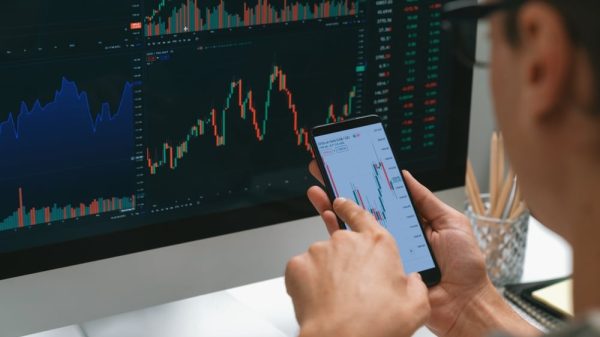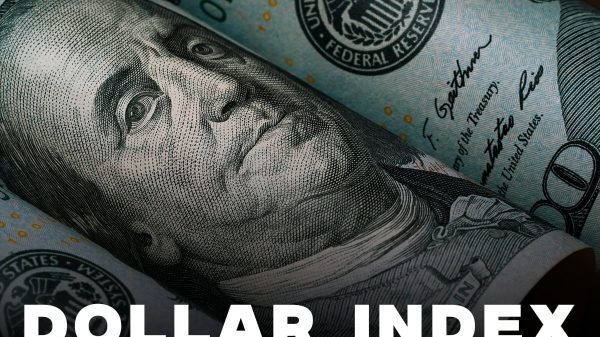By Harry Robertson
LONDON (Reuters) -French borrowing costs rose above those of Greece on Monday for the first time, as Michel Barnier’s government teetered on the brink of collapse, underlining a dramatic shift in how lenders view the creditworthiness of euro zone members.
The far-right National Rally (RN) party on Monday said it was ready to trigger a no-confidence vote in the government, in the latest salvo in a dispute over Barnier’s proposed budget that includes 60 billion euros ($63 billion) in tax hikes and spending cuts.
Bond investors worry that the collapse of the government would mean any effort to cut borrowing is jettisoned.
“It’s hard to see what the end-game would be if the government would fall now,” said Michiel Tukker, senior European rates strategist at lender ING.
“Quite a milestone is the symbolic passing of Greek yields versus French yields,” he said. “Historically there used to be a fixed hierarchy – Greek is the riskiest, then Italian, then French, then German – and there’s been a breakdown in people’s minds of how those countries are ranked.”
In the middle of the euro zone sovereign crisis in 2012, Greece’s borrowing costs, as measured by its 10-year bond yield, shot to more than 37 percentage points above those of France, as Greece looked destined to default on its debts.
Fast forward 12-1/2 years and Greek bond yields on Monday morning briefly traded 0.01 percentage points below France’s at around 2.9%, according to LSEG data. The French political crisis was also weighing on the euro, which was 0.6% lower versus the U.S. dollar.
France’s rising debt levels had been slowly eroding its advantages in the bond market for years. Then, the risk premium investors demand to buy French debt compared to its neighbours shot higher in June when President Emmanuel Macron called a snap election that resulted in a fragile hung parliament.
Meanwhile, the countries once at the centre of the 2012 crisis and labeled the PIGS – Portugal, Italy, Greece and Spain – have cut their debt levels and become more attractive to bond investors.
Greek public debt was already running at 100% of GDP before the euro zone crisis and surged to more than 200% as COVID-19 hit in 2020. But it has since dropped to around 160% of GDP and economists expect it to continue to fall.
French debt is historically elevated at around 110% of GDP and rising. The state has spent heavily in response to the shocks of COVID-19 and the Ukraine war, while tax receipts have lagged expectations.
“Even if the government did achieve its planned consolidation, France would still have a pretty elevated budget deficit,” said Max Kitson, rates strategist at Barclays (LON:BARC).
“If you look at Greece’s debt-to-GDP profile, you have a downwards trajectory which contrasts with France’s upwards trajectory.”
Similar efforts to rein in debt – as well as years of bond purchases by the European Central Bank – in Ireland, Portugal and Spain have seen those countries’ borrowing costs fall below those of France.
On the plus side for France, its bond yields have not risen sharply in absolute terms. The 10-year yield in fact fell around 24 basis points in November as weak euro zone economic data boosted investor bets on European Central Bank rate cuts.
S&P Global Ratings on Friday held its rating on France’s long-term sovereign debt, in what has proved to be a fleeting moment of respite for Barnier’s government.

































